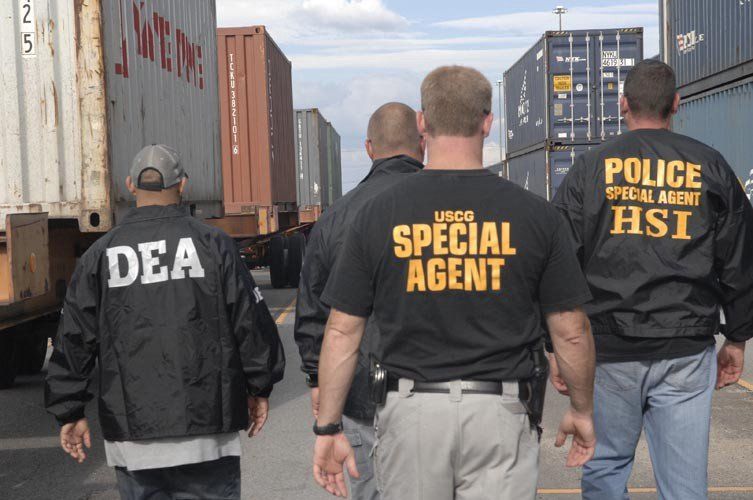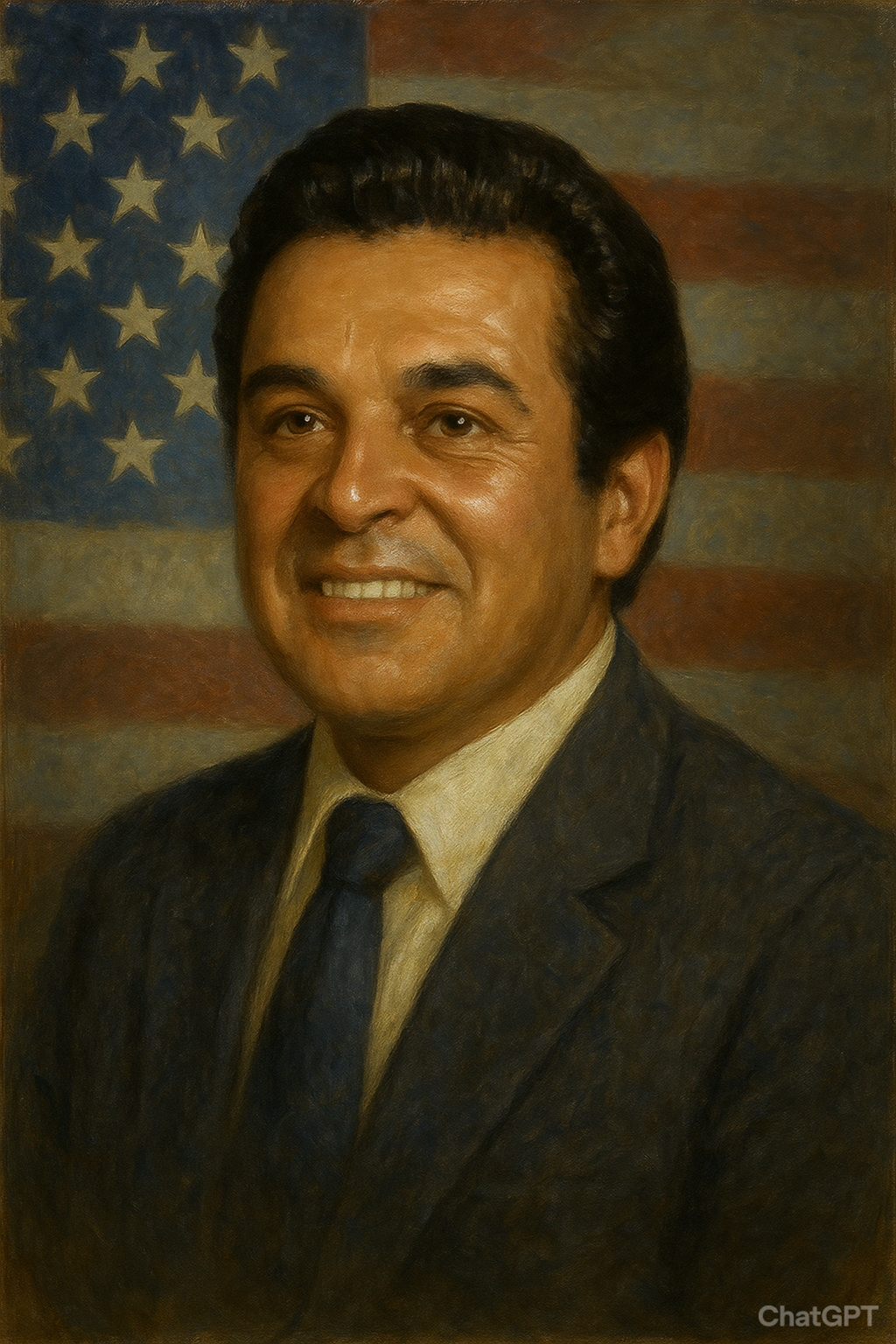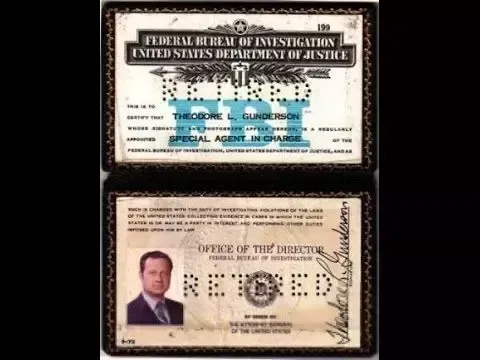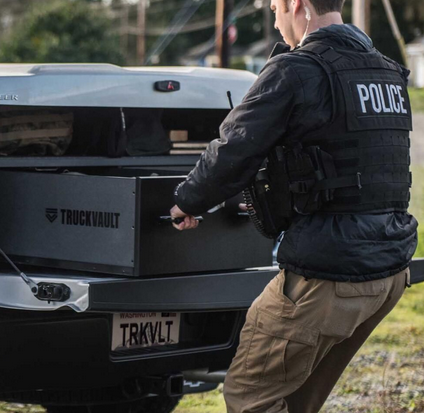What is a 1811 Special Agent?
January 23, 2021

What is the job series & description of an 1811 Special Agent
An 1811 or special agent is a plain clothed investigator within the U.S. Government. Special Agents have the statutory authority to carry firearms, conduct searches & seizures, and make arrests. 1811s work for a number of federal law enforcement agencies such as the Drug Enforcement Administration (DEA), Bureau of Alcohol, Tobacco & Firearms (ATF), Homeland Security Investigations (HSI), Federal Bureau of Investigations (FBI) and United States Secret Service (USSS). Even though the hiring preferences and missions vary greatly among these agencies, their 1811 series provides a common framework in training and authorities. In analogous terms, the patrol officer employed by the New York Police Department has similar job responsibilities (i.e. traffic, service calls, medical response) to an officer working for the Waco Police Department; even though their day-to-day environment may vastly differ.
The Office of Personnel Management (OPM) has categorized the criminal investigator job within the 1800 series of the “Administrative Work in the Inspection, Investigation, Enforcement, and Compliance Group” and in typical bureaucratic fashion, assigned it the specific designation “1811” for pay & qualification purposes. Any individual who holds this series position is characteristically referred to as a “Special Agent,” (with limited exceptions) and within the federal law enforcement community, the term “1811” is a common colloquial descriptor. It is extremely important for all hopefuls to become familiar with the phrase “1811” and understand how it relates to their sought-after position.
The basic terminology surrounding the Criminal Investigator (CI) profession is very unique and distinct to other federal law enforcement positions. Confusing a special agent with other federal law enforcement professions is as a rookie mistake and one that is not made among the criminal investigator ranks. Special Agents are acutely aware of the distinctive nature of their position and are proud of their hard-fought status among other federal law enforcement agents. Confusing the two is like confusing a doctor with a physician’s assistant, although both are medical professionals and wear similar white coats, there is a distinct difference in the requirements and internal hierarchy.
The Criminal Investigator position is undoubtedly among the most prestigious and sought-after federal law enforcement occupations within the United States. Federal criminal investigators have been at the forefront of historical events throughout our history and the first Special Agents (SA) can trace their origins to the founding of the constitution. From the devastating to the infamous, special agents have been repeatedly called upon to keep our nation safe, dismantle some of the worst criminal organizations in history and instill our faith in a competent, well-trained and incorruptible workforce of dedicated public servants. Whether it be a terrorist attack at the Oklahoma City federal building, the successful manhunt of cartel leader “El Chapo” Guzman, the uncovering of the infamous swindler Charles Ponzi or the protection of our most important elected officials; special agents of the United States government are expected to perform their duties without fail, day or night. The mythology behind the criminal investigator position has been well exploited by Hollywood, yet few truly understand what it takes to successfully pursue a lifelong career in this unique endeavor. The best criminal investigators are indeed intelligent, relentless and skillful risk-takers who share a common dedication to morality and public service.
The pay for 1811s is determined by the OPM General Series (GS) chart. Entry level criminal investigators can be hired anywhere between the GS 5 – 10 pay band. The pay rate for each band has a built-in geographic variance, meaning a GS-5 in New York city will make significantly more than the same GS-5 stationed in Scottsdale, AZ. What makes the criminal investigator pay so different from every other federal law enforcement occupation in the country is that 1811s receive an additional 25% on top of their salary in order to be available during irregular or unscheduled hours. This premium is known as the Law Enforcement Availability Pay or LEAP. Relatedly, the entry level pay varies from agency to agency and is also dependent on the applicant’s preexisting education and skills. Virtually all special agents have a journeyman pay band of GS-13; which means they can progress to this pay band so long as they continue to meet all requirements. In order to progress beyond GS-13, a special agent must promote to a management position, which typically start at GS-14.
1811 Criminal Investigators are usually but not always referred to as “Special Agents” by the various federal agencies and there can be a significant discrepancy in the actual job title. For example, 1811 Criminal Investigators within the United States Postal Inspection Service (USPIS) refer to themselves as Postal Inspectors. Relatedly, the Diplomatic Security Service (DSS) refers to its domestically assigned 1811’s as special agents, however foreign posted criminal investigators are called Regional Security Officers. Even more confusingly, the United States Marshals Service (USMS), which refers to all its law enforcement officers as Deputy U.S. Marshals (DUSM); uniquely hires all new deputies in the “GS-0082” series, however, they are later given the opportunity to convert to the 1811 series. The most important thing to remember is that the “true” criminal investigator is categorized in the 1811 series and is primarily a non-uniformed plain clothes position.
Given the size and visible presence of the uniformed federal law enforcement community, it is common for members of the public to conflate the uniformed series or all federal agents with 1811s. For example, the United States Border Patrol (BP) is primarily a unformed agency composed of Border Patrol Agents (BPA). However, BP does have some plainclothes investigators that further develop cases originating from the patrol division. Although these investigators deal with federal crimes, they are not 1811s but rather uniformed BP Agents (1895 series) working a plainclothes detail. To further complicate things, some agencies have both an 1811 and a uniform (1801) division such as the United States Secret Service (USSS). 1811’s assigned to the investigative & protective units are called special agents, whereas 1801 officers are members of the Uniformed Division. Remember, any federal law enforcement officer is a “federal agent,” however, only 1811s are criminal investigators or special agents.
For those hoping to be 1811s, the list of available agencies is vast and varied. From the famously depicted Federal Bureau of Investigation (FBI) to the relatively obscure Defense Criminal Investigative Service (DCIS); there a number of distinct options to choose from, each with its own mission, culture and unique hiring requirements. Applicants should try to match their skills with an agency where they are most likely to succeed. For example, Homeland Security Investigations (HSI) has a hiring program that allows for applicants with substantial investigative experience to advance as the most qualified and often contains academy classes with predominantly prior law enforcement candidates. In contrast, the FBI has allocated pools of hiring categories (ie. Legal, Accounting, Language) and may limit its law enforcement candidates in order to cultivate a more skills diversified academy class. Consequently, if you are a detective with extensive years of investigative experience, your chances of making it through the hiring process with HSI are significantly better than with the FBI. Conversely, if you speak a fluent foreign language (i.e. Chinese or Russian), you have an above average chance of quickly advancing through the application process with the FBI since they specifically seek out such applicants to help with their counterintelligence mission. The same candidate with this specialized language skills would get no automatic preference with the HSI hiring program.
The two major 1811 federal agencies are the Federal Bureau of Investigation (FBI) and Homeland Security Investigations (HSI). The next largest comprise of the United States Secret Service (USSS), Drug Enforcement Administration (DEA), Bureau of Alcohol, Tobacco & Firearms (ATF), Diplomatic Security Service (DSS), United States Postal Inspection Service (USPS) and the Internal Revenue Service - Criminal Investigation (CI). The third tier (although not in the pejorative) become more obscure to the public due to their smaller sizes and limited jurisdictions. These organizations typically include the Military Criminal Investigative Services, the various Office of Inspector Generals (OIGs) and a hodgepodge of virtual unknowns such as the Office of Export Enforcement (OEE), U.S. Department of the Interior – Indian Affairs – Office of Justice services, Bureau of Land Management (BLM) and U.S. Fish & Wildlife Service – Office of Law Enforcement.
The job series & description of an 1811 Special Agent references the overall category; however the capabilities, budget, mission and size vary greatly among the various agencies. Each offer unique upsides and drawbacks, lifestyles and career development opportunities. A person with the passion, willingness and skillset to conduct criminal investigations related to narcotics should strongly consider a career with the DEA; just know that they have a difficult fitness test, routinely work irregular hours and are considered among the best in executing wiretap operations. Similarly, if you have an interest in extensive travel, prefer protective service operations over complex investigations and want regular opportunities for overtime pay, consider the U.S. Secret Service; just know that many married USSS special agents find work-life balance difficult in this agency due to their operations centered mission. Conversely, if you want to travel all over the world, Diplomatic Security Service could be the place for you as they have offices in virtually every embassy & consulate in the world. The career & life you will have in each agency is extremely varied in nature, despite the similar 1811 position series. Some folks want to work on an aircraft carrier one day; they should consider a career with the Naval Criminal Investigative Service (NCIS), which offers an agent afloat program. Others get seasick the minute they hit the water and consequently should avoid applying to NCIS at all costs. That is why it is important to learn not only where you can maximize your chances for success but what agency is best suited for your personality, skillset and individual preferences; to avoid being disappointed upon arrival at your first assignment.









